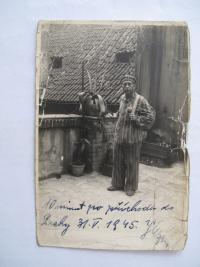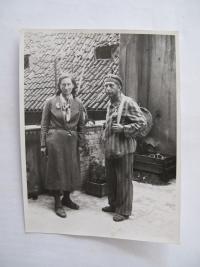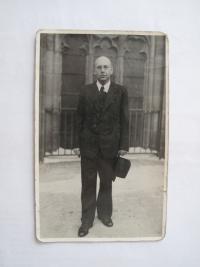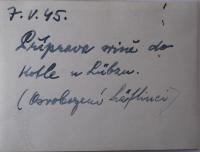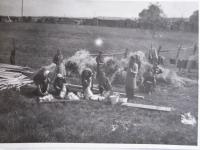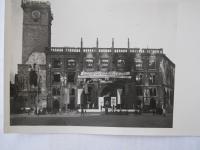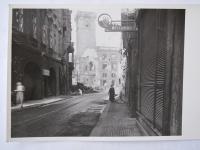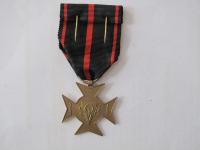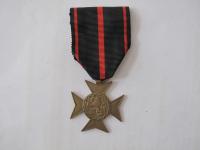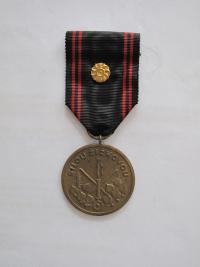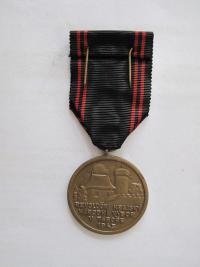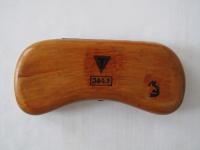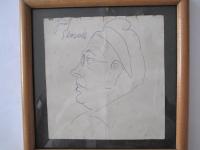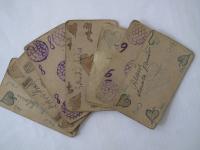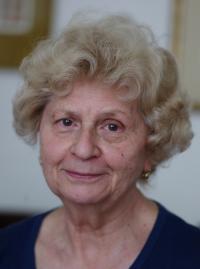I do not matter at all, what is important is the story of my father
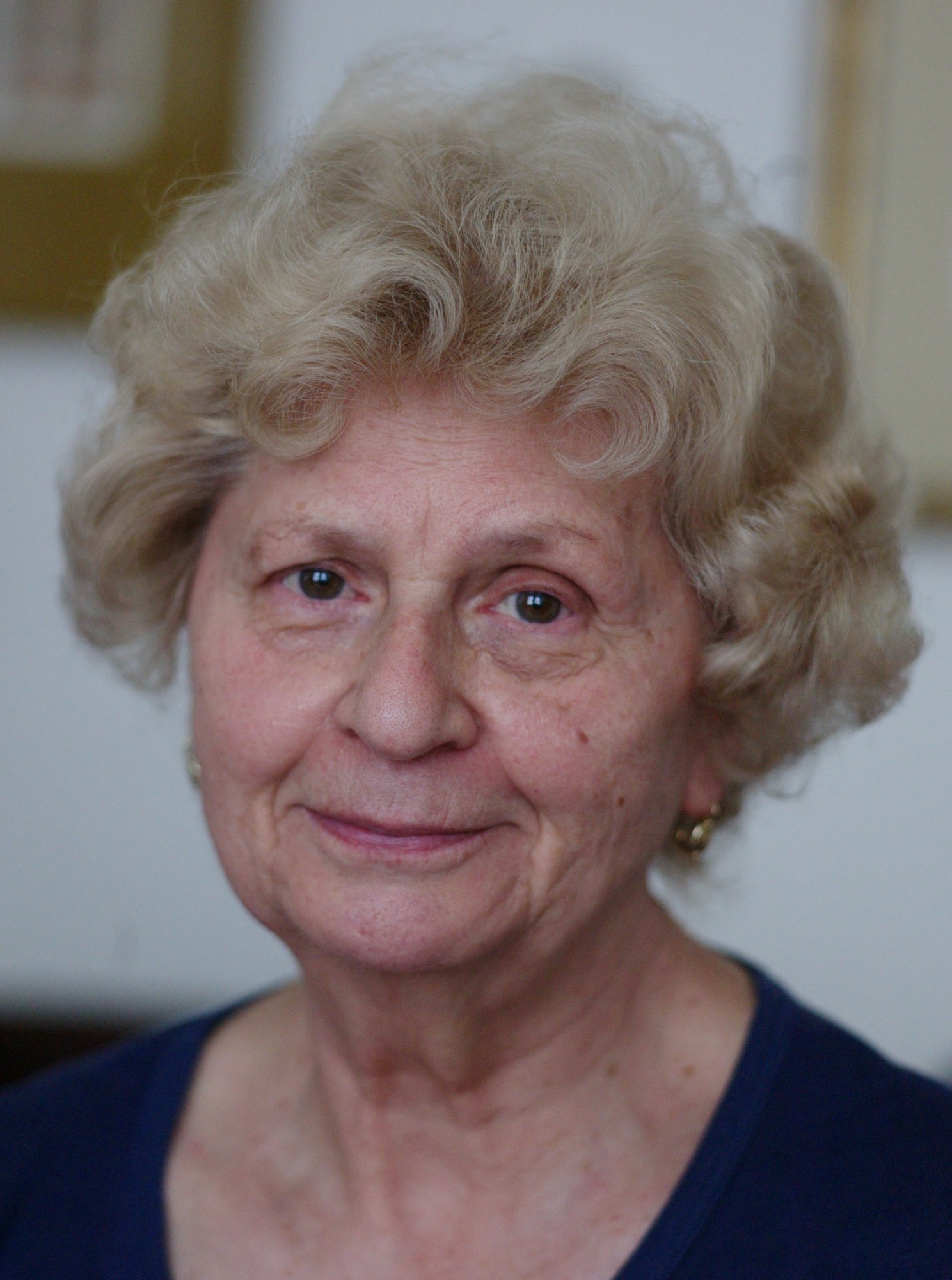
Download image
Eva Slezáková was born June 20, 1934 in Prague. Her father Josef Slezák, who was the director of the Čedok travel company at that time, was arrested by the Gestapo on September 1, 1939. He was interned in the Sachsenhausen concentration camp, then in the labour camp in Wewelsburg near Paderborn and at the end of the war in Ravensbrück. He left from there in a death march in spring 1945 and after an arduous journey he returned to Prague on May 31, 1945. He began working in the Čedok company again as the general manager, later he became the deputy director. In March 1948 the action committee of the National Front ousted him from his post and transferred him to a relatively unimportant job at the ministry of transport. In November 1949 Josef Slezák was arrested by the StB Secret Police and in February 1950 he was sentenced to seven years of imprisonment for alleged political activity. In September 1954 he was released in amnesty. The family lost their apartment in 1952 and Eva Slezáková and her mother were evicted from Prague, but several years later the family at least managed to obtain a housekeeper’s flat in Prague. After his return from prison, Josef Slezák worked in various manual jobs. He died on April 8, 1966. Eva Slezáková graduated from secondary school in summer 1952 and she found employment. Since the 1960s she was working in the Czech Radio choir and at the same time she was doing a housekeeper’s job. The real cause for Josef Slezák’s arrest and imprisonment in the Nazi and communist labour camps is unknown. His arrest by the Gestapo and his subsequent internment might have been related to Nicholas Winton’s transports for saving Czechoslovak Jewish children, because the travel company Čedok was one of those with which Winton cooperated.
